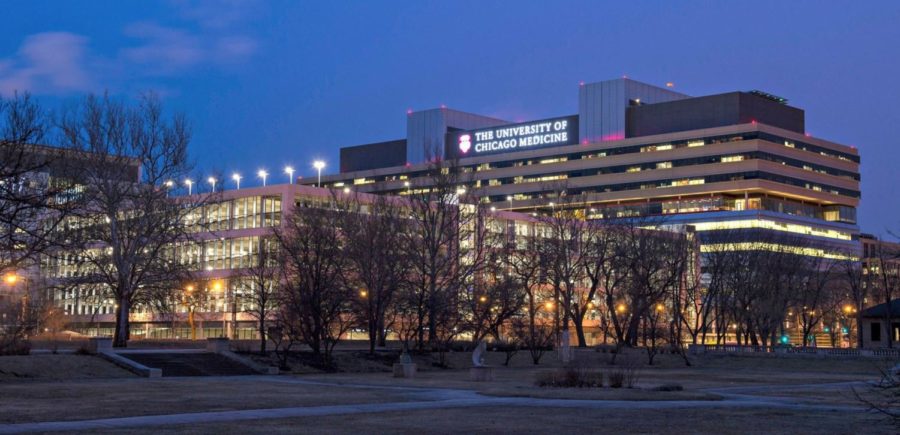The UChicago Medical Center is, as of March 27, treating 50 cases of COVID-19, the disease caused by the novel coronavirus. As part of its ongoing response to the spread of the disease, declared a global pandemic by the World Health Organization earlier this month, UChicago Medicine (UCM) is transitioning to a “universal-masking” policy. This policy enables staff members previously placed on temporary leave due to potential exposure to the virus to continue working as long as they are asymptomatic.
Lorna Wong, executive director of UCM communications, said in a press release that because the pandemic has reached the “community spread” stage, it is no longer effective to try to identify potential vectors based on who has been exposed to others with the virus. “Community spread” refers to the phase of a pandemic in which it is no longer possible to isolate the source of an infection.
“COVID-19 is now in widespread community circulation, and an infection-control furlough policy that had been focused on those who could be traced to a known exposure or another country with high infection rates no longer provides the right level of protection for patients and other staff,” Wong said.
Like other hospitals around the country, UCM is battling an anemic supply of masks and other personal protective equipment. In the event of inadequate supplies, staff members will use procedural masks, which are typically used outside of operating room settings.
“If cloth masks are in short supply, employees will be issued a procedural mask and will get a cloth version as soon as UChicago Medicine’s supplies are replenished. Faculty and staff will continue to wear appropriate surgical or N95 masks based on the type of patient care involved,” the press release said.
Staff members working with respiratory patients will continue to use respirators or N95 masks.
The press release included a statement by University Vice President for Medical Affairs Kenneth Polonsky, who said that UCM hopes to increase its patient capacity while protecting its staff by implementing the universal-masking policy.
“We are optimistic that having a universal-masking policy, ending furloughs for asymptomatic employees, and practicing effective social distancing will mean we can protect our workforce from viral spread so that they, in turn, can continue to perform critical services for patients in need and serve the community,” Polonsky said.









